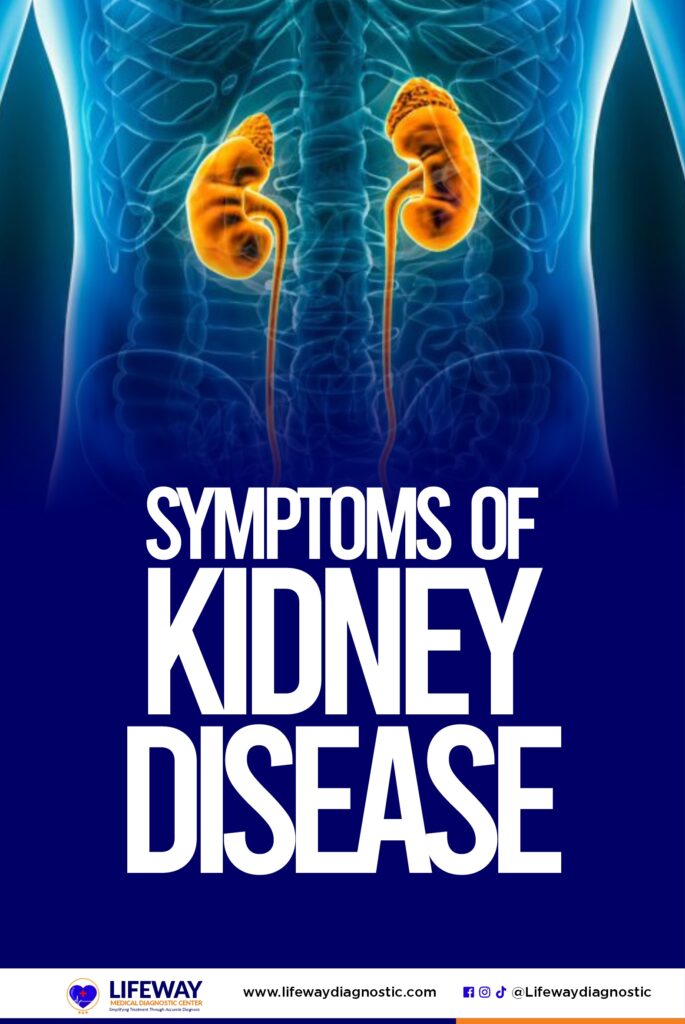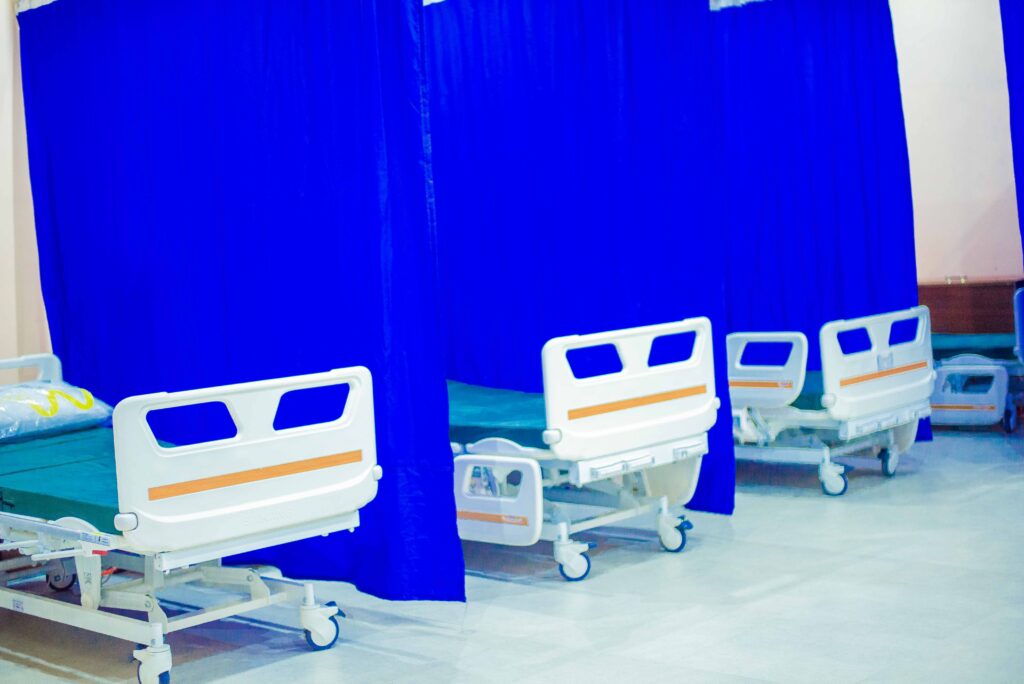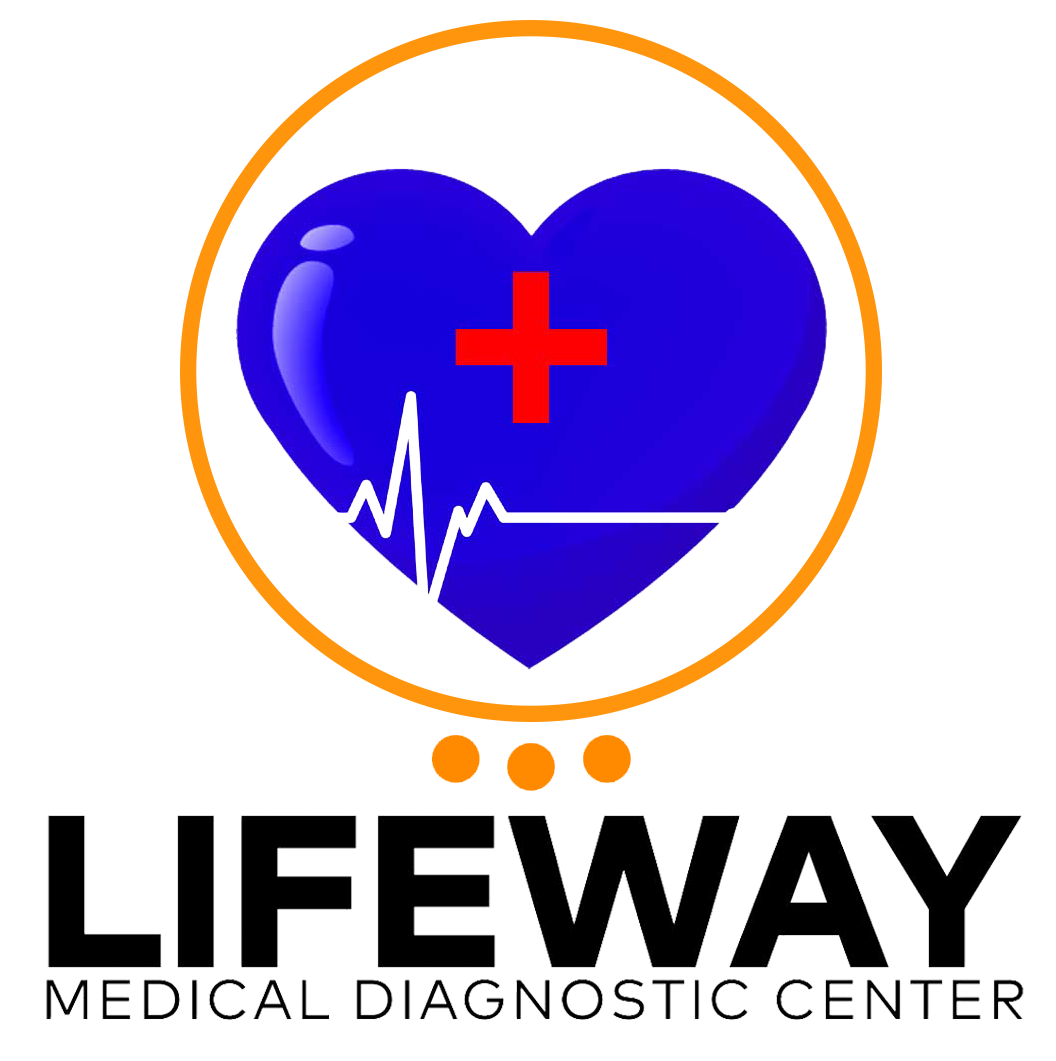When the kidneys are damaged, their ability to perform important functions is significantly reduced. If left untreated, this can lead to serious consequences. Some common symptoms of kidney disease include fatigue, swelling, shortness of breath, itchy skin, and changes in urination.

At the early stage of kidney disease, the signs and symptoms are few, and many do not realize it until the condition has advanced. Regular check-ups and healthy lifestyle choices can help maintain kidney health.
There are simple and effective measures that you can take to prevent renal and kidney diseases. So, why wait? Be proactive and start taking care of your kidney health today! Keep reading to know more.
What are Kidney Diseases?
Your kidney plays a vital role in keeping your body healthy and functioning. However, if you don’t take care of it, you may suffer from various diseases that can lead to kidney failure.
The kidneys are essential organs that balance electrolytes, maintain acid-base balance, and regulate blood pressure. Basically, the kidneys filter blood to remove waste products, such as urea and creatinine, and excrete them as urine.
The kidneys, each about the size of a fist, are two bean-shaped organs located just below the rib cage on either side of the spine. Although the kidneys account for only 0.5% of the body’s weight, they receive 20% of the cardiac output.
When the kidneys are affected by a disease, they lose the ability to perform their essential functions, which leads to kidney disease.
Signs and Symptoms of Kidney Disease
During the early stages of kidney disease, signs and symptoms may not be noticeable, and many individuals may not realize they have the condition until it has progressed.
Chronic kidney disease progresses slowly over time, and its severity can vary. Seek medical attention promptly to slow the disease’s progression and improve your health.
As the disease worsens, you may experience the following symptoms:
- Vomiting
- Nausea
- Fatigue and weakness
- Loss of appetite
- Reduced mental agility
- Decreased urine output
- Swelling of feet and ankle
- Urinating frequently
- High blood pressure
- Chest pain
- Sleep problems
- Dry and itchy skin
- Shortness of breath
- metallic taste in the mouth
- Dizziness
It’s important to note that other illnesses can cause the signs and symptoms of kidney disease, as the kidney can compensate for other organ functions. Therefore, getting an early diagnosis is crucial to address any potential issues as soon as possible.
If you notice any of the signs and symptoms listed above, book an appointment with your doctor. Lifeway Diagnosis has a dialysis unit, you can always book an appointment.

Causes of Kidney Disease
Kidney disease is caused by the following:
- Type 1 or type 2 diabetes
- Connective tissue disorder
- Autoimmune diseases
- High blood pressure
- Multiple myeloma
- Volume restrictions such as low fluid intake and gastroenteritis
- Nephrotoxic drug ingestion
- Trauma or unaccustomed exertion
- Exposure to mercury vapors, lead, or other heavy metals can be encountered in welding or mining.
- Blood loss
- Liver disease
- Obesity
- Recurrent kidney infection called pyelonephritis.
- Exposure to toxic substances such as ethyl alcohol or ethylene glycol
- Inherited kidney diseases
- An enlarged prostate, kidney stones, and cancers cause prolonged obstruction of the urinary tract.
Diagnosing Kidney Disease
If you are experiencing any symptoms of kidney disease, it is time to get diagnosed. To diagnose your kidneys, a reputable medical diagnostic center will perform a blood and urine test and may also recommend an imaging test.
1. Blood test
The doctor must check the creatinine level during a blood test to evaluate the kidney’s functioning. A high level of creatinine indicates that the kidney is not functioning properly, whereas a low level of creatinine also suggests the same.
For a healthy kidney, the average creatinine level should be between 0.7–1.2 milligrams per deciliter (mg/dL) for males and 0.5–1.0 mg/dL for females.
Creatinine is a waste product produced by the muscles that generate energy in our body. When the kidneys are not functioning properly, they cannot filter creatinine, leading to an increase in blood pressure due to the accumulation of creatinine in the blood.
Therefore, it is important to have regular checkups of creatinine levels to prevent complications and maintain good kidney health.
2. Urine test
A urine test is used to diagnose the level of albumin in urine. Normally, the presence of albumin, a protein that maintains body fluids, repairs tissues, promotes growth, and transports nutrients and hormones, can indicate kidney disease.
Hence, if the kidneys are damaged, albumin may pass through the urine, making it a reliable indicator for diagnosing kidney problems.
3. Imaging test
Using an ultrasound machine, the doctor can accurately assess any abnormalities in the size and shape of your kidney. In some cases, more advanced imaging tests, such as CT scans or MRIs, may be required to obtain a detailed view of the kidneys.
This imaging test is also an important step in identifying any potential health concerns and ensuring that you receive the best possible care.
4. Testing of a sample of kidney tissue
Sometimes, a doctor may suggest a kidney biopsy to determine the cause of a kidney problem. This involves inserting a long, thin needle from the skin to the kidney to obtain a small sample of kidney tissue. The sample will then be sent to a lab for testing.
This test is essential to identify the cause of your kidney problem and enable an accurate diagnosis.
Conclusion
Early signs of kidney disease can be easy to miss. Regular check-ups and a healthy lifestyle are key to maintaining kidney health.
Your kidneys are vital for your well-being. Neglecting them can lead to kidney failure and other illnesses. If you notice symptoms, book an appointment with your doctor. At Lifeway Diagnostic Center, we have a fully equipped dialysis unit available.
Frequently Asked Questions on Symptoms of Kidney Disease
People do not usually have symptoms at the early stage of a kidney disease. As the disease progresses, symptoms such as changes in urine, swelling of feet and ankles, loss of appetite, and itchy skin may occur.
By making lifestyle changes, closely monitoring blood sugar and blood pressure, and taking prescribed medications, you can effectively protect and enhance the health of your kidneys.
Well, it is possible to live a long life if treatment begins early. Dialysis treatment, on average, extends life by 5 to 10 years. On average, a transplant from a deceased donor lasts 10 to 15 years, while a transplant from a live donor lasts 15 to 20 years.
Dark brown urine is a clear symptom of kidney failure. This happens when waste products build up in the urine due to reduced urine output or smaller than the usual amounts.
